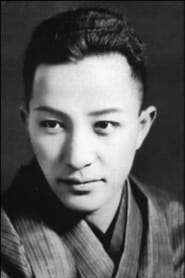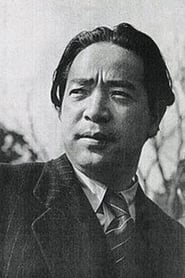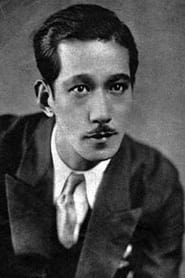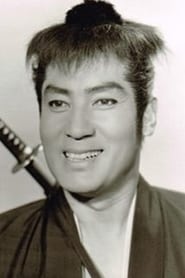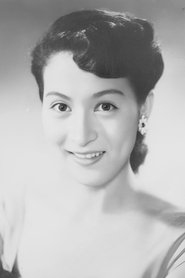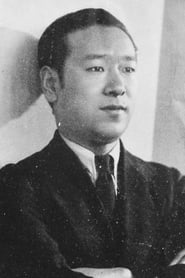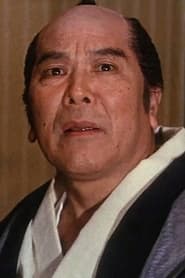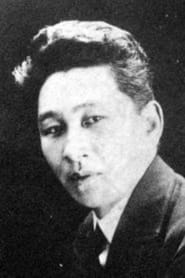
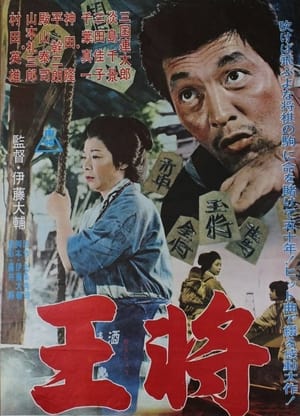
The Grand Master(1948)
Based on the true story of master shogi player, Sankichi Sakata.
Shogi, a Japanese form of chess, is a game that requires skill and determination. When poor sandal-maker Sakata decides to pursue his dream of becoming the Shogi Grand Master Champion, everything is at stake – including his family. What will it cost for Sakata to follow his passion?

Movie: The Grand Master

王将
HomePage
Overview
Shogi, a Japanese form of chess, is a game that requires skill and determination. When poor sandal-maker Sakata decides to pursue his dream of becoming the Shogi Grand Master Champion, everything is at stake – including his family. What will it cost for Sakata to follow his passion?
Release Date
1948-10-18
Average
0
Rating:
0.0 startsTagline
Based on the true story of master shogi player, Sankichi Sakata.
Genres
Languages:
日本語Keywords
Similar Movies
 7.3
7.3March Goes out Like a Lamb(ja)
The time spent between professional Shogi player Kiriyama and his three stories helps to heal his wounds. As he prepares to secure another win in an upcoming tournament, the father who left the three sisters appears and disturbs the peace.
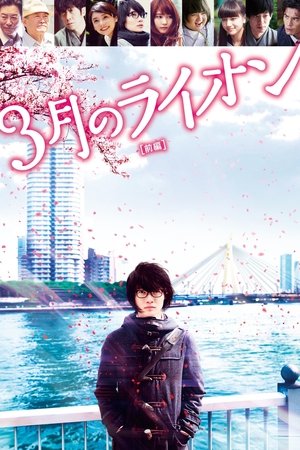 7.0
7.0March Comes In Like a Lion(ja)
Rei Kiriyama is a 17-years-old shogi (Japanese chess) player. He debuted as a professional shogi player when he was in middle school. He lives by himself in Tokyo, because his parents and younger sister died in an traffic accident when he was little. One day, Rei Kiriyama meets three sisters who are his neighbors. The three sisters are Akari Kawamoto, Hinata Kawamoto and Momo Kawamoto. This is his first meeting with someone outside of the shogi world in many years. Having meals with the Kawamoto family brings warm feelings to Rei Kiriyama. As Rei Kiriyama continues his shogi career, his interactions with his neighbors allows him to grow as a shogi player and as a person.
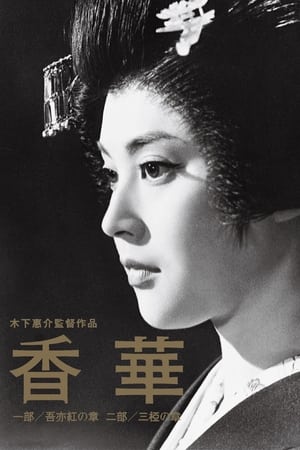 7.2
7.2The Scent of Incense(ja)
After her mother runs away from home, Tomoko is raised to be a geisha. One day Tomoko meets her mother in a red-light district in Tokyo and her life deeply gets in trouble.
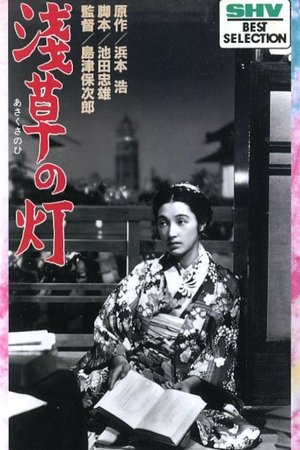 5.6
5.6The Lights of Asakusa(ja)
Pre-war Asakusa was a riotous district of cabarets, dance-halls and brothels - a striking backdrop for Shimazu's story of innocence and experience. Pretty, young Reiko is the new dancer in an infamous theatre troupe, and her fellow performers try to protect her virtue in a land of vice. Meanwhile, an ageing actor wants to be a hero off stage as well as on, and the troupe matriarch Marie has to keep them all together.
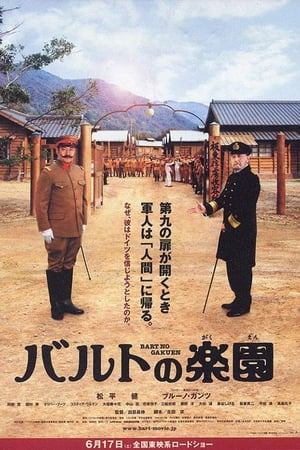 4.5
4.5The Ode to Joy(ja)
Based on the true story of the Bandō prisoner-of-war camp in World War I. It depicts the friendship of the German POWs with the director of the camp and local residents at the stage of Naruto, Tokushima Prefecture, in Japan.
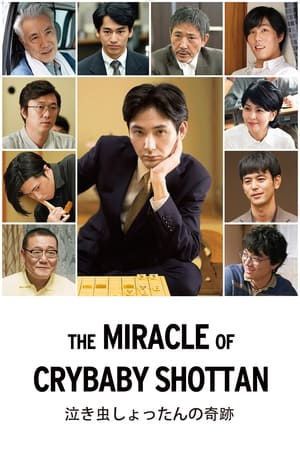 7.0
7.0The Miracle of Crybaby Shottan(ja)
Shoji Segawa was a quiet and inconspicuous boy, but, for the first time, he is recognized by people after winning the National Middle School Shogi Tournament. At the age of 26, his dream of becoming a professional shogi player collapses due to an age restriction. After he quits playing shogi, he becomes desperate. With the support of his peers, including Yuya Suzuki, and his love of shogi, Shoji Segawa begins to play shogi again. A miracle happens to him.
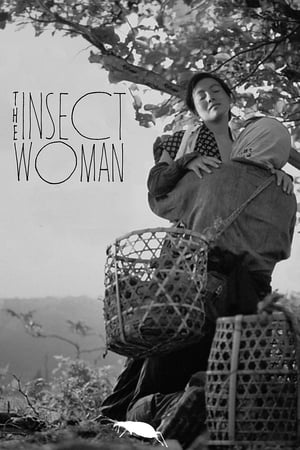 7.4
7.4The Insect Woman(ja)
A woman, Tome, is born to a lower class family in Japan in 1918. The title refers to an insect, repeating its mistakes, as in an infinite circle. Imamura, with this metaphor, introduces the life of Tome, who keeps trying to change her poor life.
 7.7
7.7Hachiko(ja)
The tragic, true story about Hachikō, an Akita dog who was loyal to his master, Professor Ueno, even after Ueno's death.
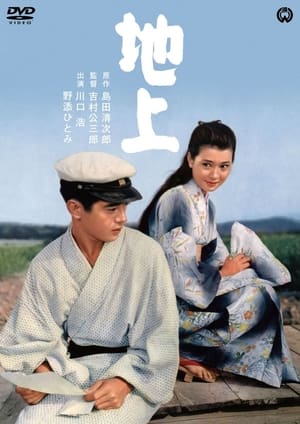 0.0
0.0On This Earth(ja)
Ichiro’s family used to be a large landowner, but now he is living in poverty with his mother. His mother works hard to get her son through school. Under such circumstances, Ichiro meets Wakako, the daughter of a wealthy man, and they fall in love with each other, but they are opposed by those around them because of their different social status.
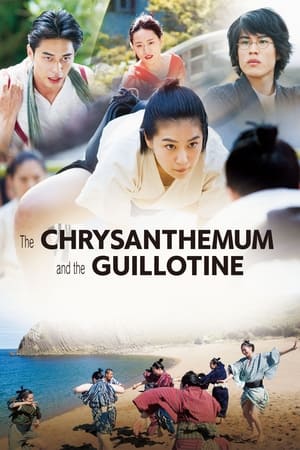 6.2
6.2The Chrysanthemum and the Guillotine(ja)
In the wake of the social unrest caused by the 1923 Great Kanto Earthquake, two female sumo athletes, Kiku and Tokachi, and an anarchist group called the Guillotine Society, spark an unlikely connection.
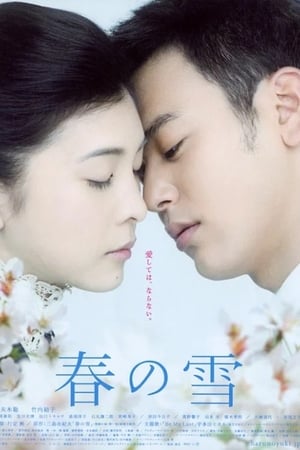 4.0
4.0Spring Snow(ja)
Based on the first novel, Spring Snow, of Mishima Yukio's Sea of Fertility tetralogy, it follows the troubled and illicit affair between two youngsters amongst the aristocracy and rich of early twentieth century Japan.
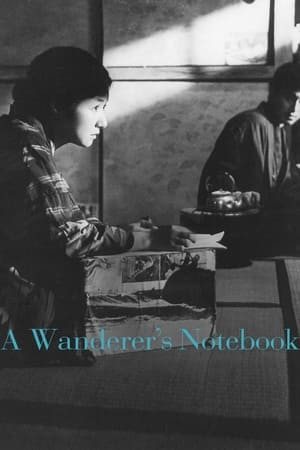 7.2
7.2A Wanderer's Notebook(ja)
Considered one of the finest late Naruses and a model of film biography, A Wanderer’s Notebook features remarkable performances by Hideko Takamine – Phillip Lopate calls it “probably her greatest performance” – and Kinuyo Tanaka as mother and daughter living from hand to mouth in Twenties Tokyo. Based on the life and career of Fumiko Hayashi, the novelist whose work Naruse adapted to the screen several times, A Wanderer’s Notebook traces her bitter struggle for literary recognition in the first half of the twentieth century – her affairs with feckless men, the jobs she took to survive (peddler, waitress, bar maid), and her arduous, often humiliating attempts to get published in a male-dominated culture.
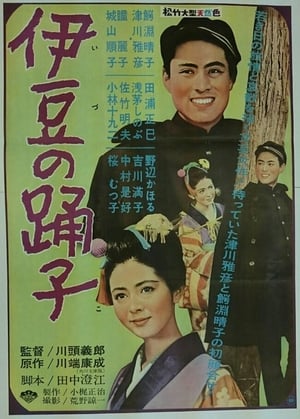 0.0
0.0The Izu Dancer(ja)
Love story between a student and girl whose parents are itinerant entertainers. Set in Japan in the 1920's.
 4.4
4.4Haikara-san: Here Comes Miss Modern Part 2(ja)
After marrying the head of the military, Benio hears her husband died in Siberia during a war. However after finding out he's alive and fighting against his home land, Benio starts looking for her first love. Wondering why he didn't return and wanting to welcome him back. Hardships will happen and hearts may be broken, as he might have moved on.
 0.0
0.0One Summer's Day(ja)
Veteran filmmaker Nobuhiko Obayashi rounds out the second of his two trilogies about his hometown of Onomichi with this film about the budding relationship between a young lad and an eccentric old man. Fifth-grader Yuta (Takuro Atsugi) is a typical city child looking forward to a summer of reading comic books and playing video games. Instead, he is bundled off to his grandparent's house on the Inland Sea. His grandfather, Yuta's parents explain, has been acting strangely as of late -- he eats the offerings in the family altar and once tried to lead attendants at a funeral in a rousing round of calisthenics. Since his mother and father are swamped with work, and his elder sister (Nana Sano) is studying for college entrance exams, Yuta has been asked to look after Grandpa. The old man takes Yuta on a tour of Onomichi, regaling him with 70 years of its history. Along the way, Grandpa slips in and out of the past, increasingly unable to discern between the two.
 7.2
7.2My Happy Marriage(ja)
An unhappy young woman from an abusive family is married off to a fearsome and chilly army commander. But the two learn more about each other, love may have a chance.
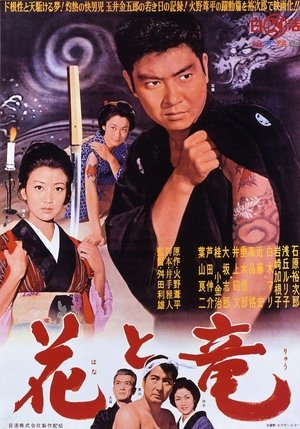 0.0
0.0A Man With Dragon Tattoos(ja)
In the late 1890s, coal is a precious new natural resource. During an era of rapid economic growth, dreams are instilled into the lives of many across Japan. A vigorous young man with a look of fearless determination, sets foot on the northern part of Kyushu, an area where Yakuza thrived. His name is Kingoro Tamai (Yujiro Ishihara). With plans to travel the world, Kingoro worked diligently at a coal mine. His loyalty and hard work earned the respect of his peers, his courage won the heart of the beautiful Mon (Ruriko Asaoka), and his success evoked jealousy in his enemies.
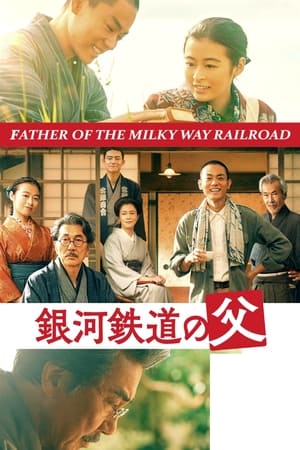 6.0
6.0Father of the Milky Way Railroad(ja)
Kenji, the eldest son of Masajiro, a wealthy moneylender, refuses to work in the family business and becomes obsessed with farming, jewelry and religion.
 5.8
5.8Naked Rashomon(ja)
A marquis' mistress becomes pregnant with fraternal twins. He keeps the boy, but sends his bodyguard to dispose of the mother and the girl. Years later…
